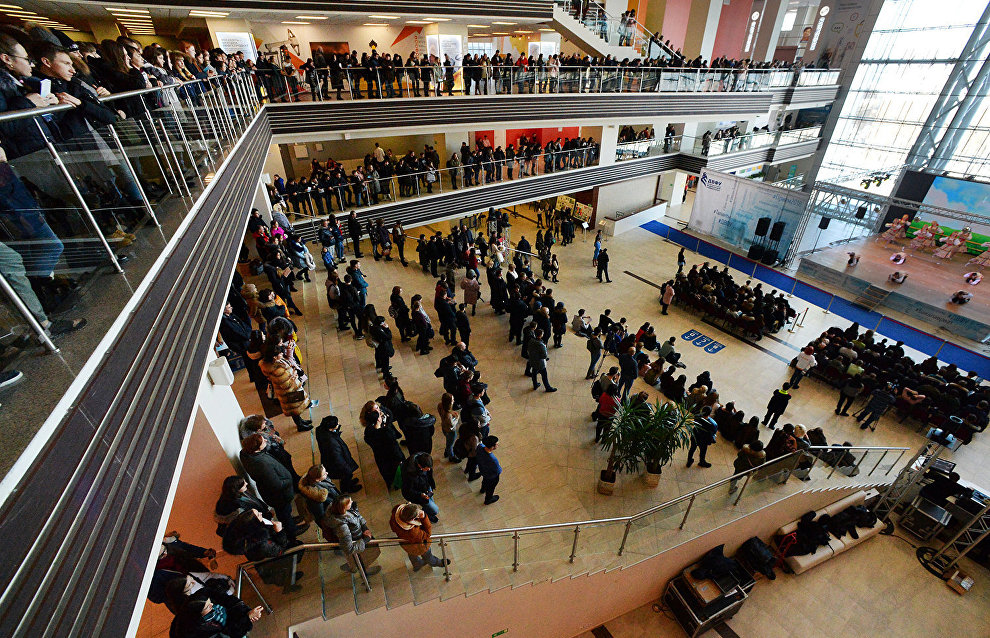FEFU to mark the 100th anniversary of engineering education by opening two new laboratories
In 2018, the Far Eastern Federal University will mark the 100th anniversary of engineering education in the Russian Far East by opening two laboratories, TASS reports, citing Alexander Bekker, director of the School of Engineering at FEFU. At the first laboratory, researchers will be studying ice, while the second will deal with advanced technologies of combustion and thermal power.
"We are currently creating an ice laboratory," Bekker said. "We want to finish working on it by summer, so that we can hold an opening ceremony ahead of the Eastern Economic Forum. In 2018, we will be celebrating the 100th anniversary of engineering education in the Russian Far East, and we want to mark the occasion by opening several laboratories. This laboratory was sponsored by Rosneft."
At the ice laboratory, researchers will study the properties of ice and its interaction with various materials, Bekker added. There, scientists will also be able to simulate ice loads on various structures as well as icing of ships and structures. All these studies are necessary for the development of Arctic resources. For these experiments, the university is planning to build a small ice pool, TASS reports. The laboratory is currently partially open. Once it is fully operational, researchers will be able to conduct detailed, in-depth studies.
"We are also planning to complete the construction of a laboratory complex at Cape Akhlestysheva this year," Bekker added. "Before that, a dilapidated boiler room was there. We decided to use it for the laboratory complex that is currently under construction. We plan to establish a laboratory of the department of thermal power and thermal engineering and a laboratory of advanced combustion technologies fitted out with special equipment."
To showcase our latest developments, researchers will invite foreign, mostly Japanese, businessmen. This will allow the university to enhance cooperation with foreign entrepreneurs. Since the laboratory requires heavy equipment and special safety measures, it was decided that the laboratory will be located at Cape Akhlestysheva.
